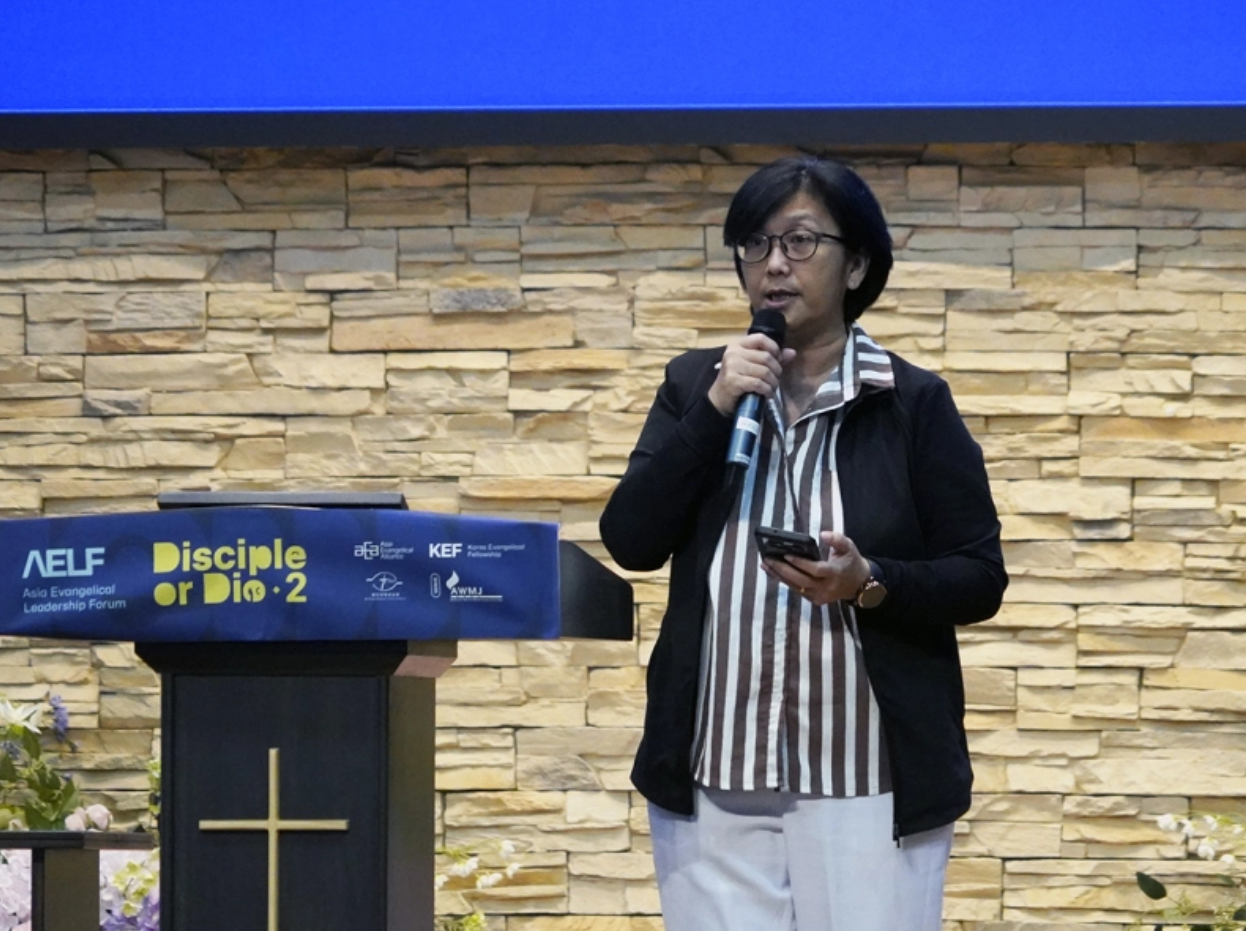A majority of millennial-aged Americans report being anxious, depressed or fearful as they struggle to develop lasting relationships, according to a national study conducted by the Cultural Research Center at Arizona Christian University.
In a statement last week, the CRC shared results from its October report “Millenials in America,” which featured data from a survey of over 600 millennial adults — defined as Americans aged 18-37 — conducted online in August. The report also included data from CRC’s annual American Worldview Inventory.
According to the report, 54% of millennials admitted to “frequently feeling anxiety, depression or fear.”
“They are plagued with self-doubt and deeply desire to be part of a community that ‘knows, appreciates, and respects’ them,” CRC Executive Director Tracy Munsil said in the statement.
“[M]ost in the generation say they are dissatisfied with their intimate and peer relationships. In fact, when it comes to relationships, they avoid conflict and have a hard time trusting others.”
CRC Director and veteran Evangelical pollster George Barna wrote the report and concluded that millennial relationship problems “are likely tied to increasing levels of emotional and mental health issues young Americans report experiencing on a regular basis.”
“The report notes that today’s young adults are more likely than their predecessors to struggle in their quest for lasting and meaningful relationships,” wrote Barna.
“Among the obstacles evident in that journey are their bouts of self-doubt, the influence of their dysfunctional family of origin, unrealistic relational standards, inadequate communication skills and efforts, and identity issues.”
As other data has shown that the millennial generation is more focused on professional success and less worried about family formation, Munsil suggests that the new data reflects a “generational ‘perfect storm,’ in which Millennials are bringing about a virtual revolution as they delay (and even reject) marriage and starting families of their own.”
In recent years, even before the coronavirus pandemic began in 2020, many had expressed concern over an apparent rise in mental health issues and depression among younger adults.
With the arrival of the pandemic, along with subsequent lockdowns and disconnection from many social peer groups, mental health problems have become an even greater problem.
The U.S. Centers for Disease Control and Prevention, for example, released a study in August 2020 that found in late June 2020, “U.S. adults reported considerably elevated adverse mental health conditions associated with COVID-19.”
“Younger adults, racial/ethnic minorities, essential workers, and unpaid adult caregivers reported having experienced disproportionately worse mental health outcomes, increased substance use, and elevated suicidal ideation,” the CDC study stated.
Barna’s CRC has conducted extensive research on the millennial generation. In addition to mental health and relationship issues, the center’s data have shown sharp declines in millennial religious affiliation compared to older generations.
“For understandable reasons, millions of millennials reject organized religion, or have qualms about religious leaders, and especially about religious people who may prove to be hypocritical,” Barna stated in an earlier report.
“Their experiences, observations and assumptions regarding religion, spiritual beliefs, and faith practices have produced a turbulent spiritual experience.”
Originally published on The Christian Post
(c) The Christian Post, used with permission




